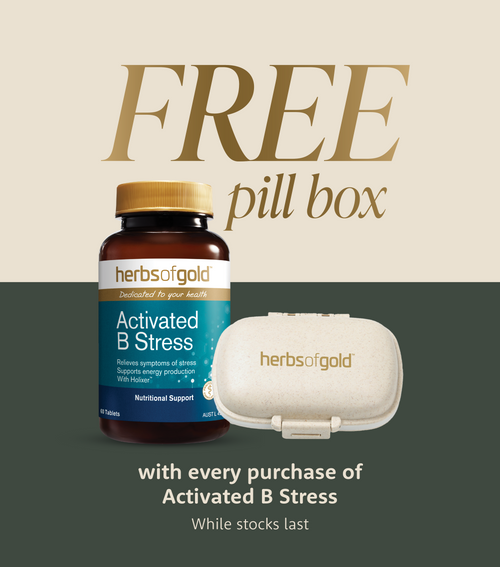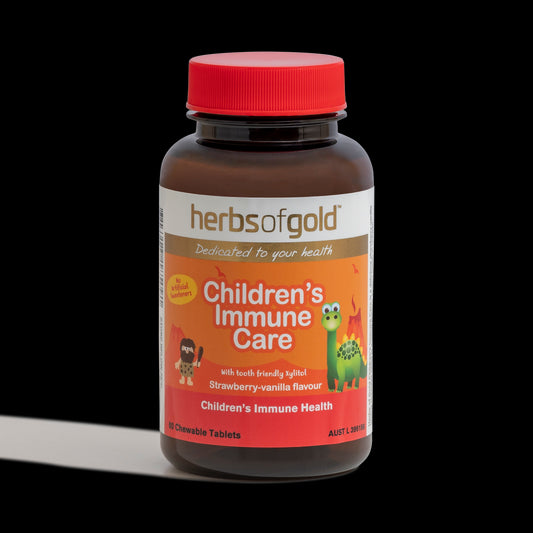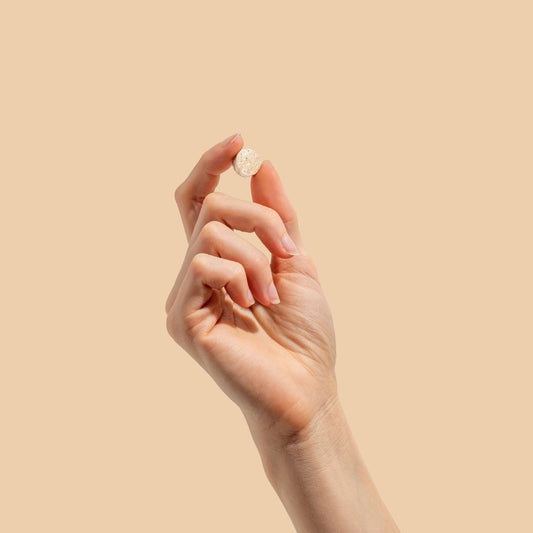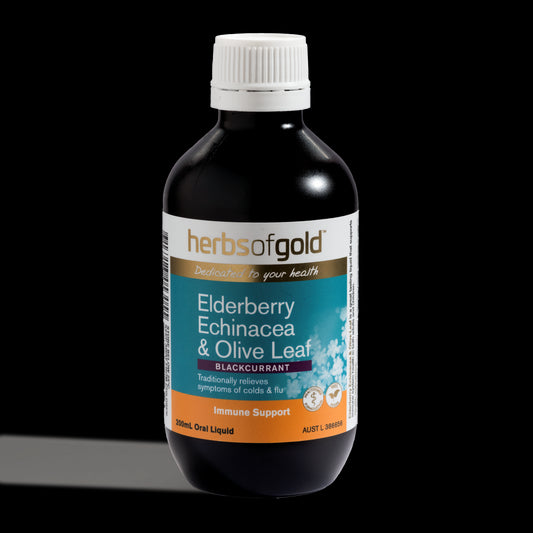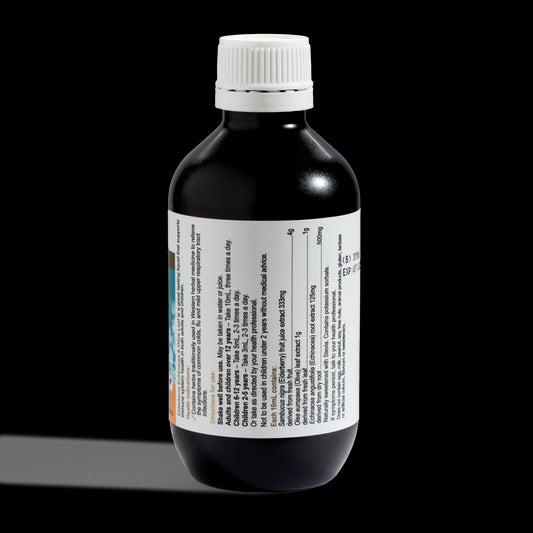At what age can I introduce fish?
Fish, like any other solid food item that you will feed your baby, can be introduced in the diet from around 6 months of age.
How much fish should my child eat?
Food Standards Australia New Zealand recommend children up to 6 years of age consume 75 grams of fish up to three times each week.
A 75 gram serve for children is approximately 3 fish fingers (Hake or Hoki is used in fish fingers). Canned fish such as tinned tuna or salmon is also suitable and is sold in various sizes; for example, the snack size cans of tuna are approximately 95 grams.
Like all foods, fish should be eaten as part of a varied and balanced diet. Over-consumption of any single food group, particularly to the exclusion of other foods, is not recommended because it can lead to dietary imbalances.
What types of fish should my child eat?
The fish choices for babies are those that are likely to contain the lowest amount of mercury.
Mercury occurs naturally in the environment and builds up in fish over time. All fish contain some mercury with most fish having low levels. Only a few species have higher amounts. The amount of mercury depends on the age of a fish, the environment in which it lives and what it eats. Big fish that have long lifespans and predatory fish such as swordfish and shark/flake tend to have higher levels of mercury than other smaller, younger fish.
Most people only eat moderate amounts of fish, so the benefits of eating fish far outweigh any potential risks related to mercury intake.
Good fish sources lower in mercury include:
- Salmon
- Trout
- Herring
- Whitefish like cod, pollock, or halibut
- Tuna
- Sardines
- Bluefish
- Snapper
- Grouper
- Halibut
Fish sources to limit to either once a fortnight due to their higher mercury content include:
- Shark
- Swordfish
- Barramundi
- Orange roughy
- Ling
How should fish be prepared?
There are several ways you can prepare fish for your toddler. You can simply cook the fish to a soft texture and cut it into appropriately sized pieces, or you can cook and puree it either alone or with soft vegetables.
To prepare the fish safely, remove the skin and debone the fish, keeping an eye out for small bones as well, to reduce any potential choking risk.
If cooking fish, make sure the fish is well cooked all the way through so the insides do not remain raw. Avoid feeding a child uncooked fish such as sashimi as raw fish carries the risk of bacterial or pathogenic contamination, which can be problematic for a child’s immune system that may not be mature enough yet to deal with this.
Sodium and added sugar should also be limited in a child’s diet. As such, avoid adding salt, as well as sugary or sweet sauces to flavour fish to improve its appeal.
Could my child be allergic to fish?
Fish makes the list of top ten most common allergens in children, so it’s important to be mindful of any potential allergy to fish your child may have that you may not be aware of. Generally, if a family member has a fish allergy, this will marginally increase your child’s risk. If you are concerned about a potential fish allergy, it’s best to consult your health professional prior to introducing fish.
If your child isn’t as partial to fish as you would like, Herbs of Gold Children’s Fish-i Care is a nice option to help prevent an omega-3 deficiency in children. This delicious vanilla-berry flavoured fish-shaped chewable capsule is suitable for children from 2 years of age. Providing high-strength DHA as well as 50 micrograms of iodine per capsule, Herbs of Gold Children’s Fish-i Care supports healthy brain and cognitive function in children.
